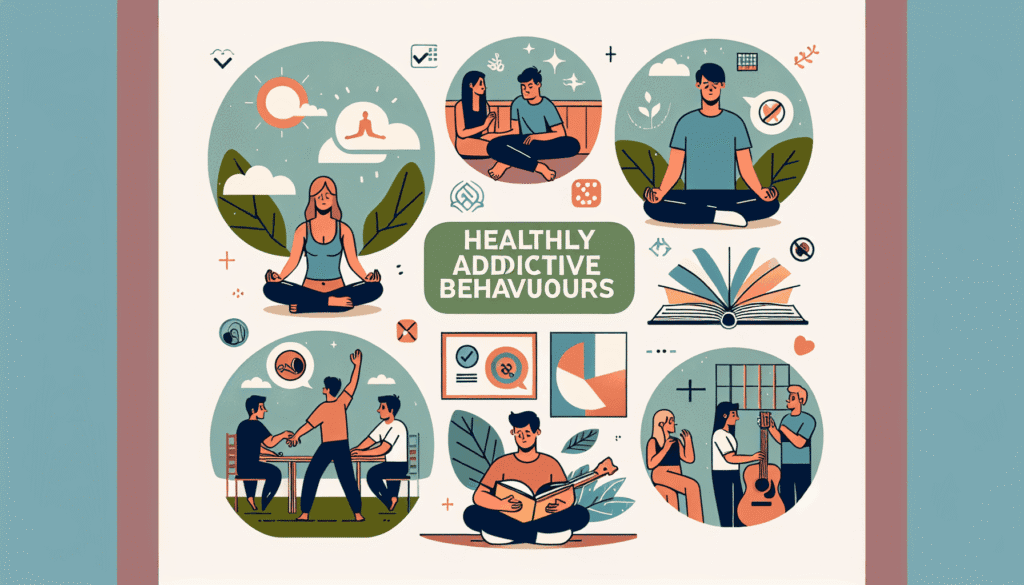Recovery from Addiction
Understanding the Recovery Process
Healing from addiction isn’t a one-size-fits-all deal. It’s more like an unpredictable road trip with twists and turns. Just like pesky chronic diseases such as heart issues or asthma, addiction lingers around and needs constant minding.
So, buckle up and prepare for a ride through stages like owning up to the problem, deciding it’s time for a change, and staying on top of things to avoid slipping back into old habits.
Things kick off when someone realizes, “Hey, I’ve got a problem,” and then hollers for help. Jumping into action usually means getting cozy with a mix of meds and therapy sessions.
When you’re tackling addiction, especially sticky ones, medicines can be the real MVPs, often getting paired up with a good dose of chat therapy magic. Together, they lay the groundwork for digging deep into those pesky physical and mental roadblocks that try to trip folks up long-term (National Institute on Drug Abuse).
Importance of Seeking Treatment
Getting help for addiction is as crucial as air to the lungs. It opens the door to a treasure chest of handy tools and resources that can make the recovery path a bit less bumpy. A key part of treatment is digging into the why behind addiction and swapping out bad habits for healthier tricks up the sleeve.
Despite everyone’s best efforts, backsliding can happen. But slipping doesn’t mean throwing in the towel; it screams for a new plan or maybe heading back for another round of backup. Keeping those communication lines open with healthcare folks is like having a trusty map on this journey. Not only does it handle the occasional hiccup, but it also supercharges the support system, allowing for a tailor-made recovery route (National Institute on Drug Abuse).
Here’s a quick rundown of what the recovery hustle looks like:
| Recovery Component | Description |
|---|---|
| Acknowledgment of Addiction | Owning up to the problem is the big kicker. |
| Seeking Professional Help | Roping in the pros for a strategy that fits just right. |
| Commitment to Change | Strapping in for the ride and tweaking daily habits. |
| Ongoing Management | Keeping the support and treatment train chugging. |
Remember, recovery isn’t a “once and done” kind of gig; it’s more of an ongoing saga fueled by grit and gumption.
Factors Influencing Recovery
Getting over a porn addiction is like untangling a ball of yarn—it’s messy, unpredictable, and downright tough without a solid plan. Two of the biggies on this bumpy ride: medication and therapy support.
Medication in Treatment
Though there’s no magic pill specifically for porn addiction, medication can lend a hand when mixed with a bit of therapy magic. Think of it like pairing a good steak with the right sauce—they complement each other and work better together. For instance, just as with opioid issues, meds can be part of a killer combo that beats going cold turkey on its own. Detox alone often leaves folks spinning back to old habits (National Institute on Drug Abuse).
Here’s a lowdown on medication options in this context:
| Medication Type | Purpose |
|---|---|
| SSRIs (Selective Serotonin Reuptake Inhibitors) | Can help kick depression to the curb, which often tags along with porn addiction |
| Naltrexone | Sometimes used to tackle behavioral addictions, can help cut down on those compulsive urges |
| Other psychiatric meds | Lend a hand with anxiety or other conditions hanging around with the addiction |
It’s key for a healthcare pro to assess if meds should join your recovery toolkit.
Behavioral Therapy Support
Therapy’s like the rockstar of addiction recovery; it’s where the real change happens. It gives folks the playbook to figure out their addiction puzzle and tackle urges like a pro. Cognitive Behavioral Therapy (CBT) is the headliner—helping users rethink the stuff that’s leading them down the wrong path.
What makes therapy tick:
| Factor | Description |
|---|---|
| Individual Therapy | Tailored just for you, targeting your unique trouble spots and triggers |
| Group Therapy | Offers a squad for storytelling and support |
| Mindfulness | Boosts awareness of those pesky urges and shines a light on healthier ways to deal with them |
Alongside therapy, having a strong support squad is a game-changer. Whether it’s a trusty accountability partner or a tight-knit support group, knowing you’re not flying solo gives a boost. Curious about building such a network?
Kicking porn addiction requires more than just willpower—understanding how meds and therapy can help is like prepping your toolkit. These pieces don’t just speed things up; they help take the reins back on your life.
Managing Relapse
Recovering from porn addiction isn’t always smooth sailing, but hitting a bump in the road doesn’t mean you’re off course. It’s about knowing how to handle a relapse when it sneaks up on you. Let’s make sense of these slip-ups and find ways to lean on extra help for the long haul.
Normalizing the Relapse Experience
Boy, aren’t relapses a pain? They’re like those annoying hangnails – they happen to come back, but they don’t signal the end of the world. Loads of folks dealing with porn addiction find themselves back at square one occasionally, and that’s okay. In fact, according to the good folks at the National Institute on Drug Abuse, when you’re trying to overhaul your deep-down habits, slipping off course is par for the course.
Here’s the deal: setbacks aren’t showstoppers on your road to recovery. Instead, think of ’em like those practice runs before the real game. By viewing relapses through this lens, you can uncover what tripped you up and work on dodging those pitfalls in the future.
Ever heard of dissecting the scene of the crime? Take a closer look at what happened before you stumbled. Was it a stressful day at work? The temptation of seeing something online? Jotting down these thoughts in a journal might help you crack the code on triggers and fortify your defenses for next time.
Seeking Additional Support
Nobody should fight this battle alone—teamwork makes the dream work, right? Finding extra help is key in shaking off a relapse and staying the course. This support might look like therapy, joining a support group, or finding an accountability buddy. Those trusty folks at the National Institute on Drug Abuse point out that getting treatment after a relapse boosts your chances of staying on track.
Support networks offer more than just a sympathetic ear—they’re guides and motivation rolled into one. When surrounded by others conquering similar battles, you can share stories, pick up tips, and maybe even have a laugh over a shared struggle or two. Counseling can give you the tools to break those pesky habits for good.
And hey, your phone can help too! Apps designed to keep you accountable can be a real game-changer, nudging you back on track with a simple notification.
Stay the course; recovery is a marathon, not a sprint. Seeking out some helping hands and remembering that everyone stumbles can solidify your path to sobriety. Curious about how long all this usually takes? We’ve got the rundown in what to expect time-wise for when patience grows thin.
Holistic Approach to Recovery
Addressing Various Needs
Kicking an addiction, be it to substances or something like porn, isn’t just about quitting; it’s about tackling every little angle. Think of it as a toolbox full of gear to fix up life after addiction’s wreckage. Like managing heart disease or asthma, dealing with addiction needs regular upkeep National Institute on Drug Abuse.
Here’s what should be in the toolkit:
| Area | What It’s About |
|---|---|
| Medical Perks | Fixes up health glitches linked to addiction. |
| Mind Health | Deals with emotions and any mental health issues. |
| Buddies & Backups | Builds links with friends and community. |
| Job Juggling | Helps sort out work-related hassles. |
| Family Ties | Gets family involved for support. |
| Legal Bits | Offers help with any law-related hiccups. |
Ticking all these boxes means beefing up the recovery process in a big way. Just quitting isn’t enough; it’s a whole lifestyle makeover.
Mind and People Power
Mind magic and social bonds are essentials in this makeover. The right folks around you can make life way smoother during recovery Better Health. Hanging out with pals, family, or support squads gives a community feel, which is a biggie for keeping the drive alive.
Good sleep, sunny thoughts, and a social scene that vibes with positivity also play a part Better Health. Mental health pros like counselors can help cook up ways to handle stress and those sneaky triggers that spark cravings.
A strong squad can also fight off the blues and give pats on the back when needed. People should dive into different support scenes and resources they can tap into.
By focusing on these broader needs, people stand a better shot at making their comeback story stick.
Boosting Recovery Process
Getting free from porn addiction isn’t just about quitting cold turkey; it’s like juggling a mix of tricks to heal and level up your overall vibe. What’s in the mix? Some rock-solid healthy habits and a little help from your circle of trust.
Healthy Lifestyle Choices
Living healthy is no small fry when it comes to kicking porn addiction to the curb. We’re talking about getting all the good stuff into your daily grind – eating right, breaking a sweat, sleeping soundly, and keeping the mind space clear of cloudy thoughts. These lifestyle shifts can turn down the volume on those nagging symptoms and smooth out your recovery path.
| Healthy Routine | Payoff |
|---|---|
| Eating Well | Nurtures body and boosts your mood |
| Breaking a Sweat | Kicks stress to the curb and lifts your spirits |
| Catching Z’s | Helps the brain recharge |
| Thinking Positive | Keeps the engines of motivation and resilience running |
Keeping the stress monsters in check is a biggie. Chill-out practices like mindfulness or just kicking back can ease the jitters and muscle tightness, giving your recovery a better shot (Doing Better).
Social and Emotional Support
When crawling out of the porn trap, having your crew at your back is golden. Community support isn’t just a feel-good pat on the back; it’s a real game-changer when you’re on the road to recovery. Hanging with your peeps, be it friends, family, or groups who get what you’re going through, can boost your spirits and lend a hand when you stumble.
Find both big-time and casual ways to get your lifeline going. Therapy sessions, group hugs with others who’ve been there, or a go-to pal for checking in can craft a fortress of understanding (Checkout some solid resources or support systems for recovery). These connections help folks wade through the ups and downs of recovery with less trouble.
Bringing together a strong mix of living well and leaning on your social safety net can make a massive difference in staying on course and dodging coil-backs.
Recovery Timeline
Figuring out how long it takes to bounce back from porn addiction is crucial for anyone on the mend. The timeline can vary wildly for each person, thanks to factors like age, addiction level, and the type of help they’re getting.
Individual Recovery Rates
Recovery time can be all over the map. While some might notice significant changes within weeks, others could be in it for the long haul, lasting months or even years. Research appears to show that younger folks often have a leg up when it comes to quicker improvements compared to older adults. For example, studies around traumatic brain injury (TBI) suggest that those 26 and under make the most strides in recovery over five years PubMed Central.
| Age Group | Average Recovery Time | Improvement Rate |
|---|---|---|
| 18-26 years | 3-6 months | High |
| 27-35 years | 6-12 months | Moderate |
| 36+ years | 12+ months | Variable |
Because everyone’s reaction to recovery methods is different, checking in on personal progress is a must. Seeking out helpful resources or support systems for recovery can offer ongoing support during the process.
Predicting Recovery Progress
Estimating recovery milestones can be tricky since every situation is unique. Things like how committed you are to getting better, having a support network, and your personal drive are all a big part of how long recovery might take.
Keeping tabs on your progress can be done by looking at:
- Assessing personal cravings
- Abstinence streaks
- Participation in therapy and support groups
These checkpoints can help you gauge the timeline of your recovery. The secret sauce to a successful recovery is patience and hanging in there. One can turn to how to handle setbacks during recovery and how to maintain the motivation for recovery for strategies to overcome hurdles.
Having accountability buddies and sharing progress can shed new light on how things are going. For help on this front, hit up the links about finding an accountability partner and the benefits of having an accountability partner.
By acknowledging these factors, folks can better map out their recovery journey, boosting their chances of maintaining sobriety for the long haul.



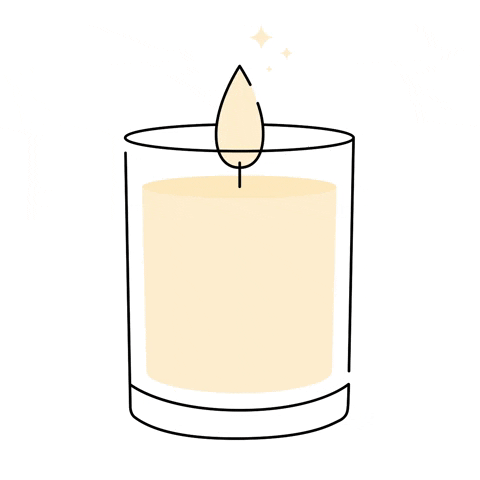
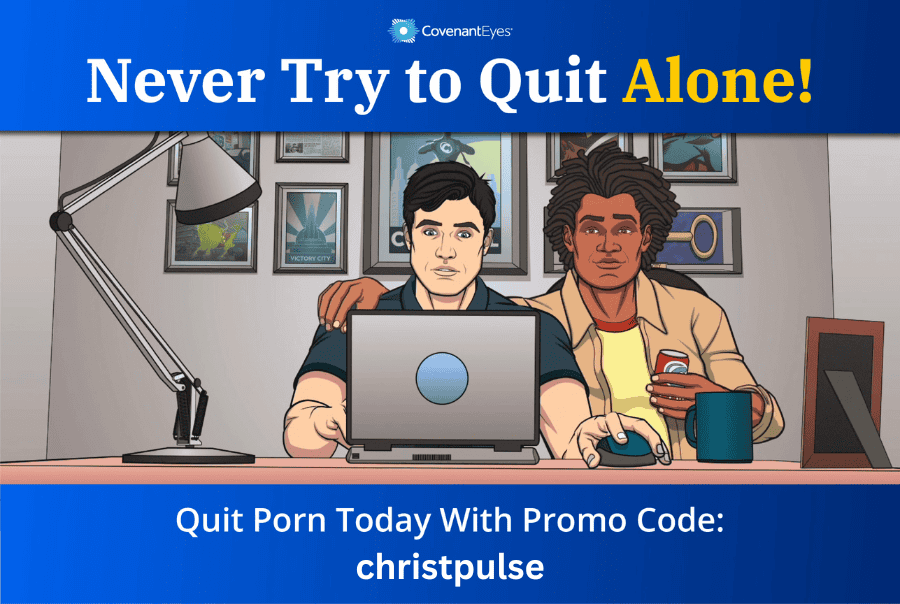

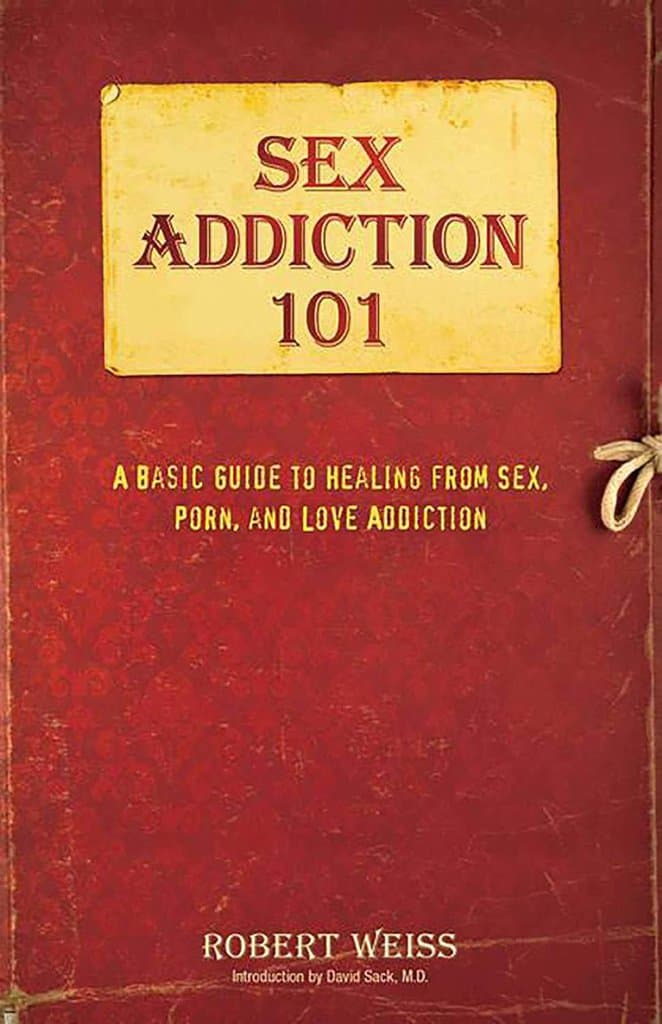

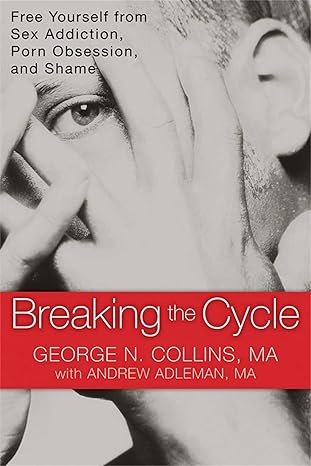
![Your Brain on Porn [Book Review]](https://christpulse.com/wp-content/uploads/2024/09/611TBbtqJYL._SL1360_-663x1024.jpg)


